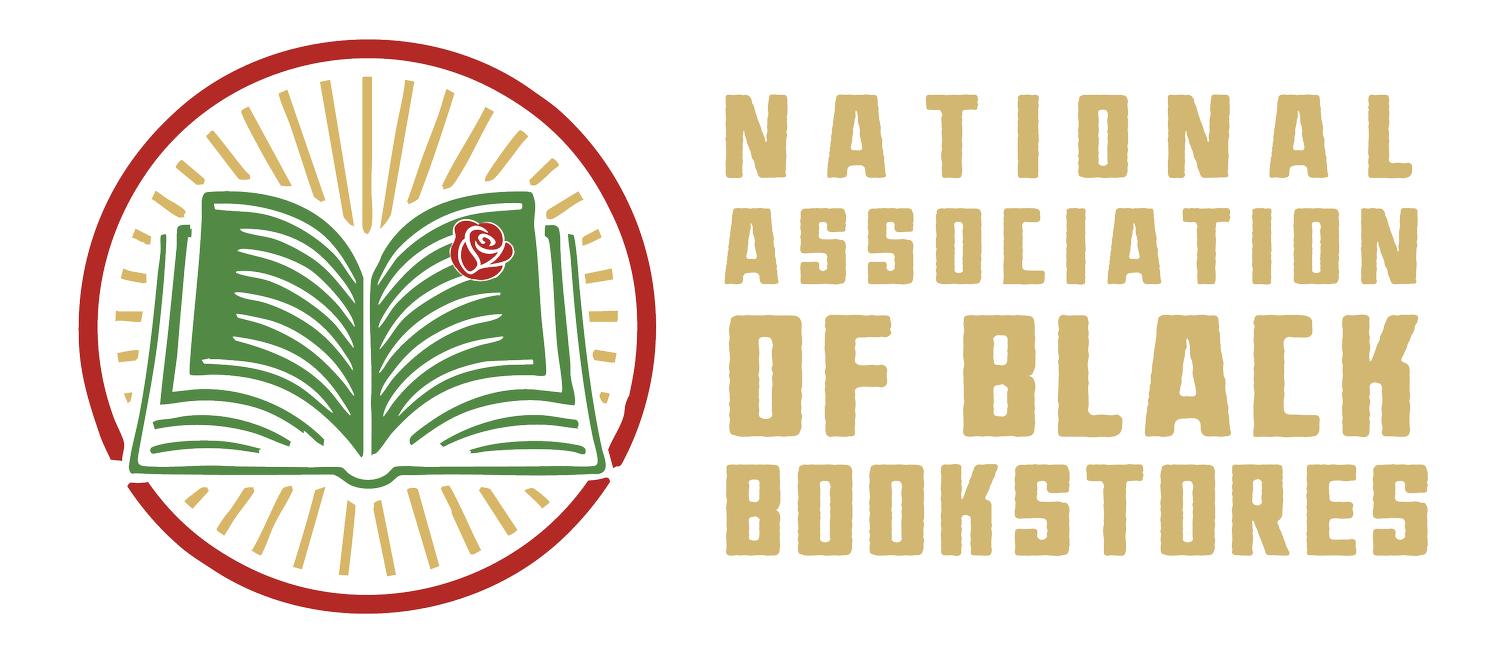Board Member Spotlight:
janet webster - jones, source booksellers
Full Conversation |October 2025
What are you reading and talking about these days?
I mostly talk about books with the people who come into the store. Lately, I’ve been reading The Atlantic magazine. They’ve dedicated their November 2025 edition to the American Revolution. I actually put down my book, House of Diggs: The Rise and Fall of America's Most Consequential Black Congressman, Charles C. Diggs Jr., to read it. Charles Diggs Jr. founded the Congressional Black Caucus and played a major role in desegregating the military.
What first inspired you to open Source Booksellers — and what sustained your conviction through the decades when independent bookstores, especially Black-owned ones, were so few?
I wouldn’t say I was inspired — it was more of an opportunity. I first started by sharing books at a church bazaar. From there, I began selling books at gatherings organized around actionable causes. I never thought about opening a bookstore, but I noticed people wanted books centered on history and culture, so I focused on that.
I simply used the courage I had to do something I hadn’t done before. I wasn’t driven by a strong conviction or a mission statement; I just wanted to serve people’s needs and follow their interests and literary desires. I was more focused on getting books to people.
You’ve long framed Source Booksellers around nonfiction, cultural memory, empowerment, and connection. In your view, what role should Black bookstores play in shaping contemporary narratives and countering misrepresentation? How do you balance that mission with the realities of business and profitability?
Source Booksellers is a nonfiction niche bookstore that curates carefully around history, culture, health, and well-being, books by and about women, spirituality, the arts, and education, among other topics.
We stay deeply engaged with community interests by partnering with other organizations, watching industry trends, and balancing our inventory to reflect Detroit’s many cultural and ethnic groups. Of course, we feature a strong representation of African American writers, but we’re not limited to that — as long as the book reflects our literary foundation.
What led you to join the inaugural board of NAB²?
Kevin Johnson asked me. I wasn’t looking to join a board, but I realized this was a good time for such a project — and a meaningful one to be part of.
Younger bookstore owners often look to the legacy of Source Booksellers as a north star. What guidance would you offer for staying the course when resources feel limited and visibility feels uphill?
There is never a lack of resources in the universe. We just need to be clear about what we need, find those resources, and use them wisely. Then we must give back to the places that have supported us. It’s easy to think that someone else is sustaining us financially, but we can’t repay support — we can pay it forward, so that others can continue their work.
Newer and younger bookstore owners must follow their own path. No one person has all the answers, no matter how long they’ve been in the business. The evolution of Source Booksellers was unique, and each bookseller has to discover their own direction, mission and sense of business risk.
For me, it’s about serving the public and responding to what comes my way daily. If you can do that, you’ll survive. If not, it might be time to rethink ones purpose. Life’s path isn’t straight. Visibility is not the goal — we don’t always need to be out front. I like what Wynton Marsalis does: he sits in the middle of the band and leads from there, not from the top. We also need to let go of the idea of “getting to the top.” As George Wallace (the comedian) said, “the people on top are the ones in trouble. I’d rather keep climbing the mountain, the joy of the journey”. Where we need to be is often right where we are.
Over your decades in bookselling, what is one mistaken assumption people make about running a Black-owned independent bookstore — and conversely, what’s one underestimated strength that has helped you survive and thrive?
Source Booksellers is a place of repose, relaxation, and retail. People come here to breathe — to take a moment. That “third place” idea is one of the strengths all bookstores share: the freedom to gather in a space to simply be.
Black people are welcoming — almost to a fault. I’m reminded of the book Mother Emanuel, where that welcoming nature was, tragically, to their detriment.
People often assume bookselling is easy, but it’s not. Everyone in this business knows it’s not a high money-making venture — that’s not why we do it. Bookselling is more than a business. It is an institution that can develop the mind. We learn to pivot, evolve, grow, and find what works. There’s no single achievement we’re chasing. Our task is to live fully and support the larger community as best we can.
Looking ahead, what do you envision for the future of Black bookstores — and what gives you hope right now?
I envision booksellers first — their ethnic, racial, and cultural identities are secondary, though still important, because we all bring who we are to the tasks.
As booksellers and bookstore owners, our obligation is to serve the literary needs of our clientele, our communities, and everyone who walks through our doors. Bookstores are extensions of a community’s cultural life. Ideas shared through books and writing often drive political, social, economic, and philosophical movements — and booksellers are right at the nexus of that.
